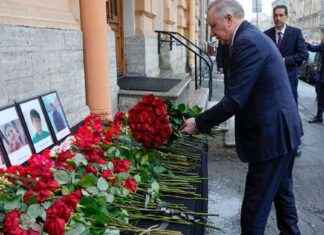The mood in the executive floors of the German economy deteriorated more than expected in July. The Ifo business climate index fell to 88.6 points from the revised 92.2 points in the previous month, as the Munich Ifo Institute announced on Monday in its survey of around 9,000 managers. This is the lowest reading since June 2020.
Economists polled by Reuters had only expected a decline to 90.2 points. “High energy prices and the threat of gas shortages are having a negative impact on the economy. Germany is on the threshold of recession,” said Ifo President Clemens Fuest. Executives were more skeptical about their business situation and prospects than they were recently.
Consumers and businesses, already squeezed by rising prices, are now also grappling with higher interest rates after the European Central Bank last week hiked borrowing costs for the first time in more than a decade.
However, Fuest believes that energy prices will be more important than monetary policy in the coming months. “The ECB’s tightening is in some ways already priced in,” he said.
According to the Bundesbank, the economy barely moved in the spring given the surge in inflation and the uncertainty about future energy supplies. These factors also weighed on the German economy in the summer. According to a survey by S
“Kick-off Politics” is WELT’s daily news podcast. The most important topic analyzed by WELT editors and the dates of the day. Subscribe to the podcast on Spotify, Apple Podcasts, Amazon Music or directly via RSS feed.






